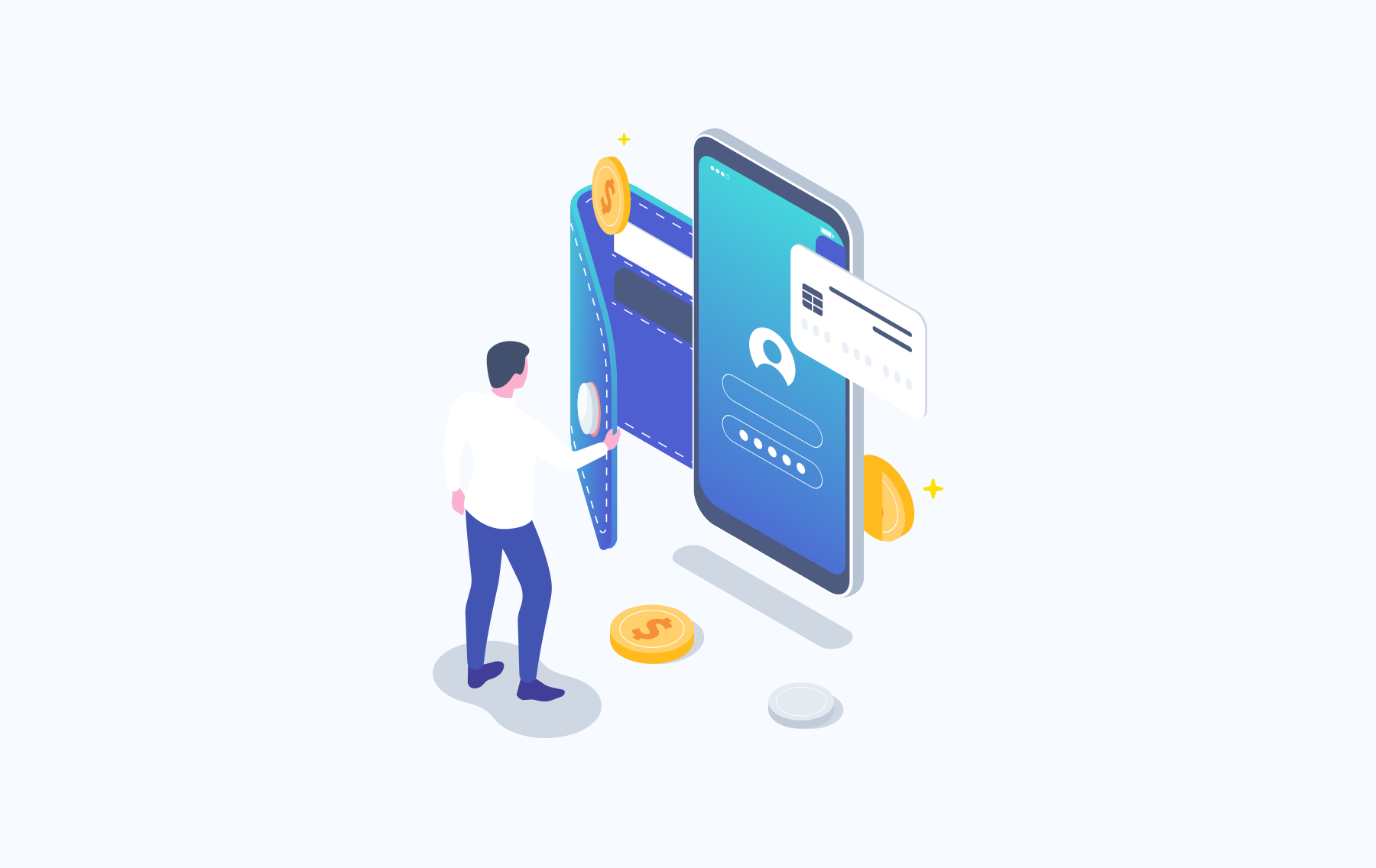Due to factors such as underbanked customer and merchant groups, immature digital-payments infrastructure and services, and a cultural leaning toward cash, only a small portion of retail transactions were conducted electronically until recently. The scenario has quickly altered as new local, regional, and worldwide payment providers have entered the market. Furthermore, like in other places, the COVID-19 pandemic has accelerated digital adoption and led to a flight from cash. Thus, digital wallets entered our lives.
Besides being a pile of cryptocurrency wallets; There are criteria such as the security of the wallet, the coins the wallet supports, whether it is open source, on which platforms it works, whether the wallet has multi-signature or not.
Although it may seem quite complicated to select a digital wallet, we can overcome this complexity with 4 situations to be aware of. The important thing is to determine our needs and to choose the most suitable wallet for ourselves.
Be aware of Fees and Service Agreement Requirements
Because it involves multiple financial institutions or organizations, payment processing is complicated. A fee is charged by a digital wallet’s payment gateway for using third-party technologies to process and authorize transactions, much like any other service. Fees are charged by all parties involved in payment verification, authorization, and processing. The amount, location, and kind of product are widely used to charge transactions.
Straightforward Integration
The optimum option is to choose a digital payment provider that does not degrade the user experience of your app by implementing a delayed payment process. Choose a digital payment provider that makes it simple and convenient for your clients to make payments on your app by allowing them to choose their preferred payment method.
Customer Care
Several digital payment companies only provide help in the form of tickets or emails. In this case, users must follow manual instructions in order to resolve an issue. If you prefer talking to someone rather than sending emails, see if the provider offers live technical support, at least during normal business hours, so you can swiftly fix any technical issues. When you use the Jeton app, you have access to a Live Support option that allows you to contact a member of the Jeton team at any time of day.
Last but not least; Security
One of the most important aspects to look for in an ewallet is security. Passwords, out-of-band authentication, one-time passwords, and security questions are just a few of the powerful ways that may be used to protect mobile wallets. Despite the fact that digital wallets are more secure than credit cards, consumer security concerns continue to be the most significant impediment to wallet use. This is why Jeton provides and demonstrates to customers that the software has comprehensive security features.
To sum up,
As the payment industry grows, finding a provider that is right for you and fits all of your requirements will only get more difficult. Before making a decision, businesses must carefully evaluate each vendor’s primary capabilities. Make sure you consider the cost of the digital payment service, the features it offers, and whether it provides the level of support and security that your consumers want.



